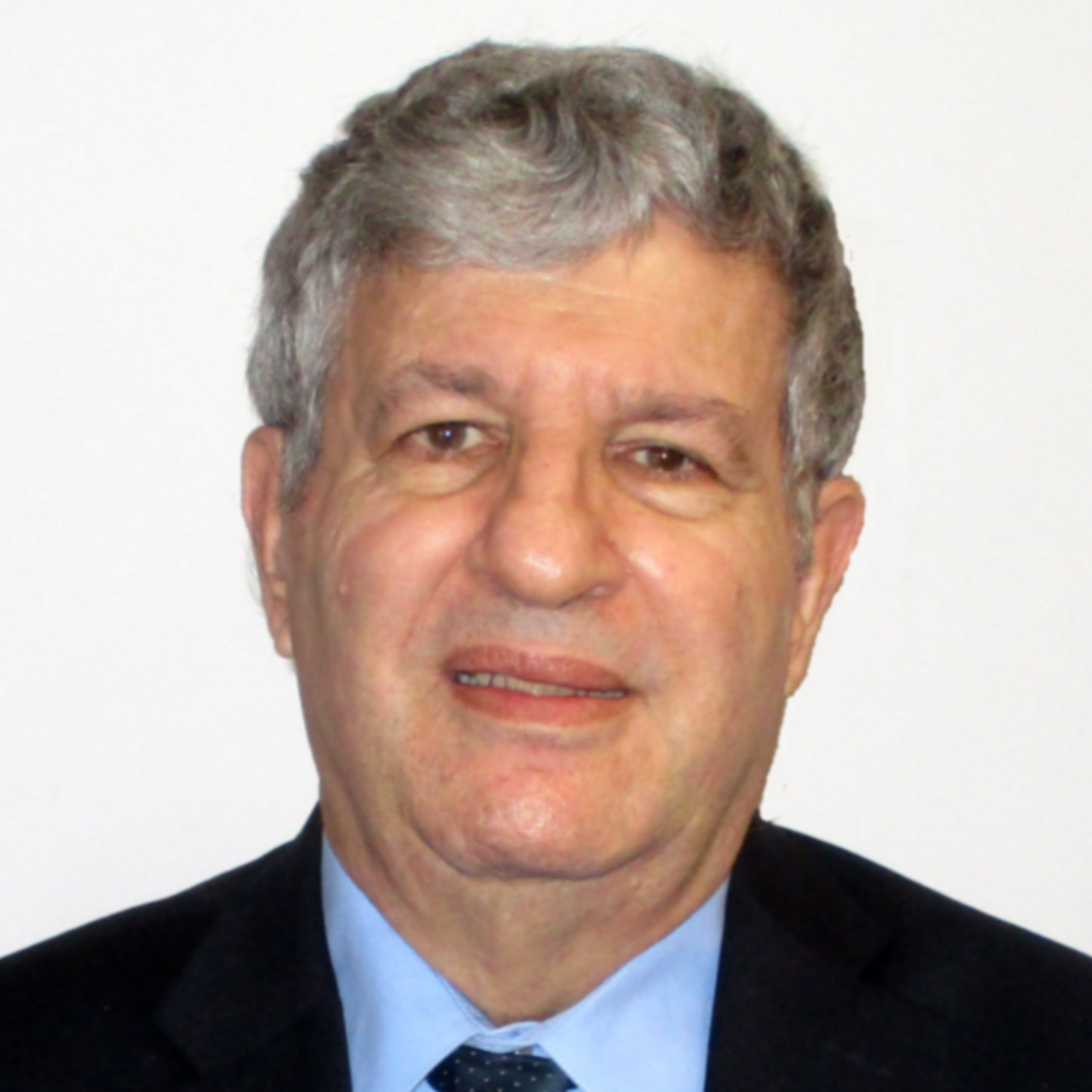
Ron Katznelson, PhD
President
Bi-Level Technologies
Dr. Ron D. Katznelson is the Founder and President of Bi-Level Technologies, an image and signal-processing technology company in Encinitas, CA. He is a technology entrepreneur, named inventor on 25 U.S. patents and applications and an independent scholar of the patent system. He authored the Amicus Brief to the US Supreme Court in Peter v. NanKwest on behalf of IEEE-USA, arguing the importance of Section 145 proceedings to applicants, and reporting on his historical study of Section 145 usage.
Dr. Katznelson also advises high technology startups; he served as the Chairman of the Intellectual Property Committee of IEEE-USA during 2019 and 2020. From 1990 to 2005, he was at Broadband Innovations, a San Diego digital RF technology company he founded, where he served as Chairman, Chief Technology Officer and a contributor to the DOCSIS® cable modem specifications. Prior to 1990, Dr. Katznelson was the Director, New Technology Development at General Instrument Corp. (GIC), where he directed the R&D in Advanced Television Systems that led to the MPEG standard; at GIC, he managed the Division’s intellectual property portfolio, patent litigation matters, and representation in industry groups and standards organizations. Prior to that, Dr. Katznelson was a professor of electrical engineering at the University of California, San Diego.
He received his doctoral degree in Electrical Engineering from the University of California, San Diego, CA; his Masters in Applied Semiconductor Physics, and a dual BSc. degree in Mathematics and Physics, both from the Hebrew University in Jerusalem, Israel. He is a licensed private pilot and a licensed ham radio operator.

Recent Articles by Ron Katznelson, PhD
As the readers of this blog know, the Special Committee of the Judicial Council of the Federal Circuit is investigating a complaint identified against Federal Circuit Judge Pauline Newman. The Complaint alleges that Judge Newman “is unable to discharge all the duties of office by reason of mental or physical disability.” As a result, the Complaint essentially alleges, Judge Newman has authored too few majority (including unanimous per curiam) opinions compared to her colleagues, ignoring altogether the disproportionately larger number of her authored dissenting opinions. But the available evidence does not support the Complaint’s contention that Judge Newman’s performance has adversely changed in any statistically-significant way compared to that of her colleagues on the court.
Under the U.S. Constitution’s Appointments Clause, “Officers of the United States” generally are required to be nominated by the President “by and with the Advice and Consent of the Senate.” This rule applies equally to the Director of the U.S. Patent and Trademark Office (USPTO), who has an important executive role with political accountability and therefore, by statute, must be Presidentially-Appointed and Senate-Confirmed (PAS). The Vacancies Reform Act of 1998 (VRA) provides that the President (and only the President) may direct an “acting” official to temporarily perform the functions and duties of the vacant PAS office. The VRA states that its mechanisms are “exclusive” of all other mechanisms for temporarily filling a vacant PAS office. On several occasions since 2013, including most recently with Commissioner Andrew Hirshfeld, the USPTO has adopted a modality for filling a vacancy in the office of the Director, not with an Acting Director as the VRA requires, but with a non-PAS official “designated” to “perform the functions and duties” of the Director.

![[IPWatchdog Logo]](https://ipwatchdog.com/wp-content/themes/IPWatchdog%20-%202023/assets/images/temp/logo-small@2x.png)